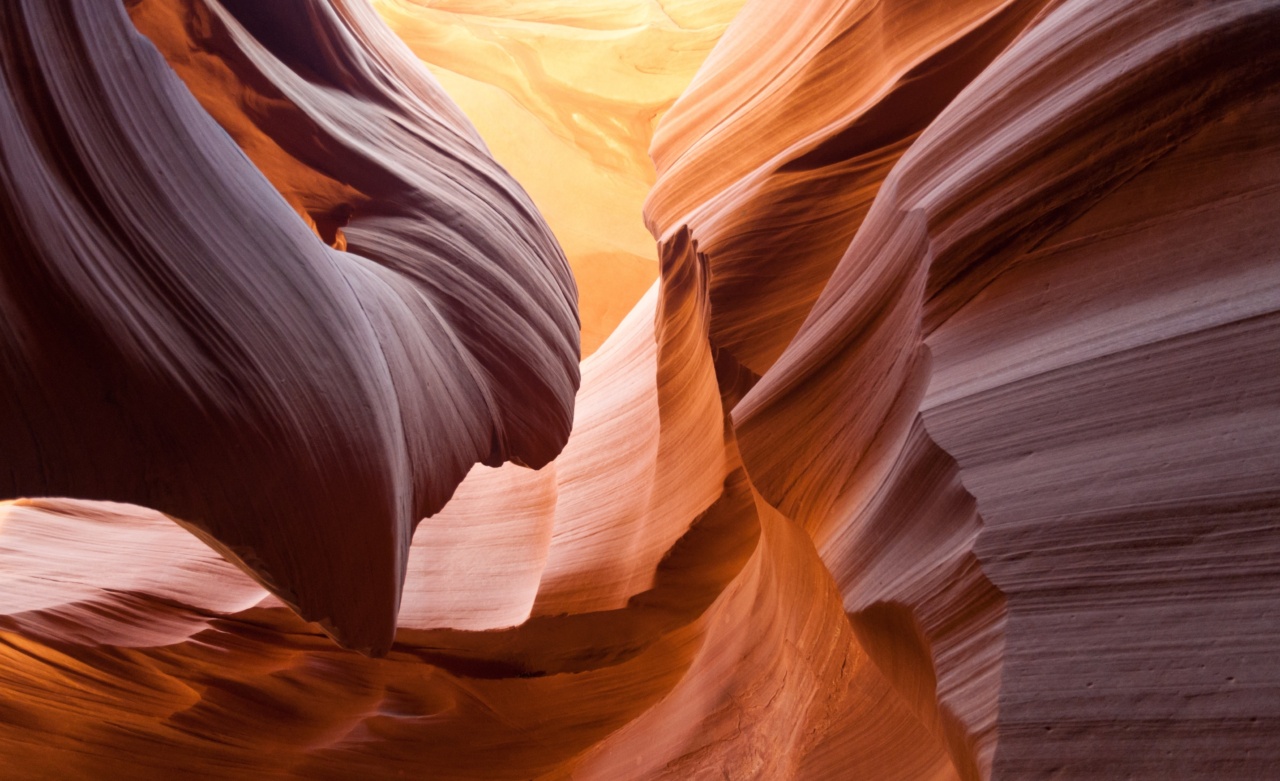We often take our kidneys for granted, not fully realizing the essential role they play in maintaining our overall health. Kidneys are responsible for filtering waste products and excess fluid from our blood to form urine.
However, sometimes certain substances in our urine can crystallize and form stones. These stone formations can cause excruciating pain and may require medical intervention. In this article, we will explore the causes, symptoms, prevention, and treatment options for kidney stone formation.
Causes of Kidney Stone Formation
Kidney stones, also known as renal calculi, are hard mineral and salt deposits that form in the kidneys. There are multiple factors that contribute to their formation:.
1. Dehydration
Insufficient water intake leads to concentrated urine, making it easier for minerals and salts to precipitate and form stones.
2. Diet
Certain foods, high in oxalate and calcium, can increase the risk of stone formation. Examples include spinach, beets, rhubarb, chocolate, nuts, and processed meats.
3. Family History
A family history of kidney stones increases an individual’s susceptibility to developing stones.
4. Medical Conditions
Medical conditions such as urinary tract infections, inflammatory bowel disease, and certain genetic disorders can contribute to stone formation.
5. Medications
Some medications, including certain diuretics and antacids, can increase the risk of kidney stone development.
Symptoms of Kidney Stone Formation
Kidney stones may remain asymptomatic and go unnoticed until they start causing obstructions or other complications. However, when symptoms do occur, they often include:.
1. Intense Pain
The most common symptom of kidney stones is severe pain, commonly referred to as renal colic. The pain originates in the back or side, below the ribs, and radiates to the lower abdomen and groin.
2. Hematuria
Blood in the urine, known as hematuria, is another common symptom. It may present as pink, red, or brown urine.
3. Frequent Urination
People with kidney stones may experience an urge to urinate more frequently than usual.
4. Cloudy or Foul-Smelling Urine
Urine may appear cloudy or have a strong odor due to the presence of an infection or stagnant urine caused by stone obstruction.
Prevention of Kidney Stones
Preventing kidney stone formation involves adopting certain lifestyle modifications and dietary changes. Here are some preventive measures you can take:.
1. Stay Hydrated
Ensure you drink enough water throughout the day to maintain proper hydration and dilute the urine, reducing the chances of stone formation.
2. Maintain a Balanced Diet
Follow a diet that is low in salt and animal protein while being rich in fruits, vegetables, and whole grains. Additionally, limit the consumption of oxalate-rich foods.
3. Increase Citrus Intake
Citrus fruits, such as lemons and oranges, contain citrate that helps prevent stone formation. Include them in your diet or consume lemonade made with real lemons.
4. Limit Soda and Caffeine
Excessive consumption of soda and caffeinated beverages can increase the risk of stone formation. Opt for healthier drink options like water or herbal teas.
5. Maintain a Healthy Weight
Obesity and weight gain can contribute to kidney stone formation. Aim for a healthy weight and engage in regular physical activity.
Treatment Options for Kidney Stones
If you experience symptoms of kidney stones or have a history of stone formation, it is essential to seek medical guidance for proper diagnosis and treatment. The treatment options for kidney stones include:.
1. Watchful Waiting
If the stone is small and likely to pass on its own, your doctor may recommend observation along with pain management and increased fluid intake.
2. Medications
Your doctor may prescribe medications to help dissolve the stones or prevent further stone formation by targeting specific underlying causes.
3. Extracorporeal Shock Wave Lithotripsy (ESWL)
ESWL is a non-invasive procedure that uses sound waves to break the stones into smaller fragments, making them easier to pass through urine.
4. Ureteroscopy
In this procedure, a thin tube is inserted through the urethra and bladder into the ureter to remove or break up the stone.
5. Percutaneous Nephrolithotomy
Percutaneous nephrolithotomy involves the use of a small incision in the back to remove large or stubborn stones.
Conclusion
Kidney stone formation can cause significant pain and discomfort, but it is a condition that can be prevented and treated.
By making appropriate changes to your lifestyle and diet, staying well-hydrated, and seeking timely medical attention, you can significantly reduce the risk of kidney stone formation. Remember, prevention is always better than cure when it comes to kidney stones.






























